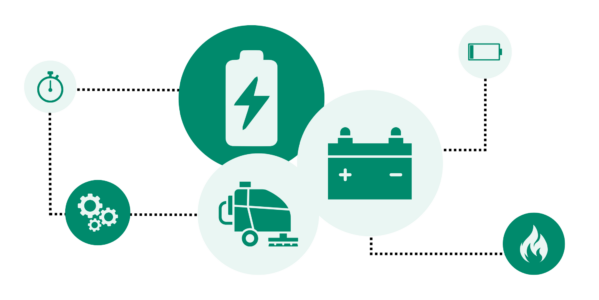Battery Killers: How to Avoid Draining Your Power

Batteries are essential for powering many of our devices and equipment, but did you know they don’t just die—they get killed? Just like any piece of machinery, batteries can wear out prematurely due to certain factors that put unnecessary strain on them. If you want to maximize the life of your batteries and keep your equipment running smoothly, it’s crucial to understand what causes premature battery failure and how to prevent it. Here are two of the most common “battery killers” and some tips to keep your power sources strong and reliable.